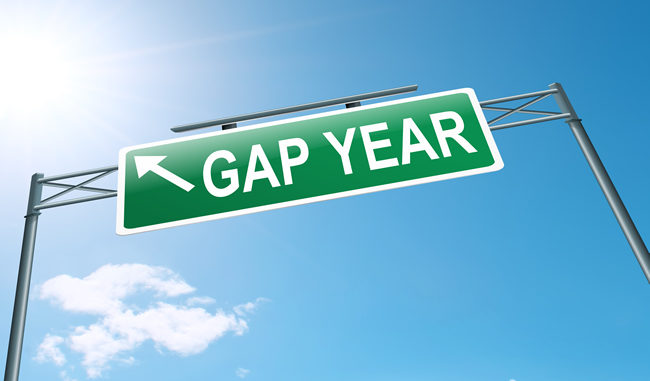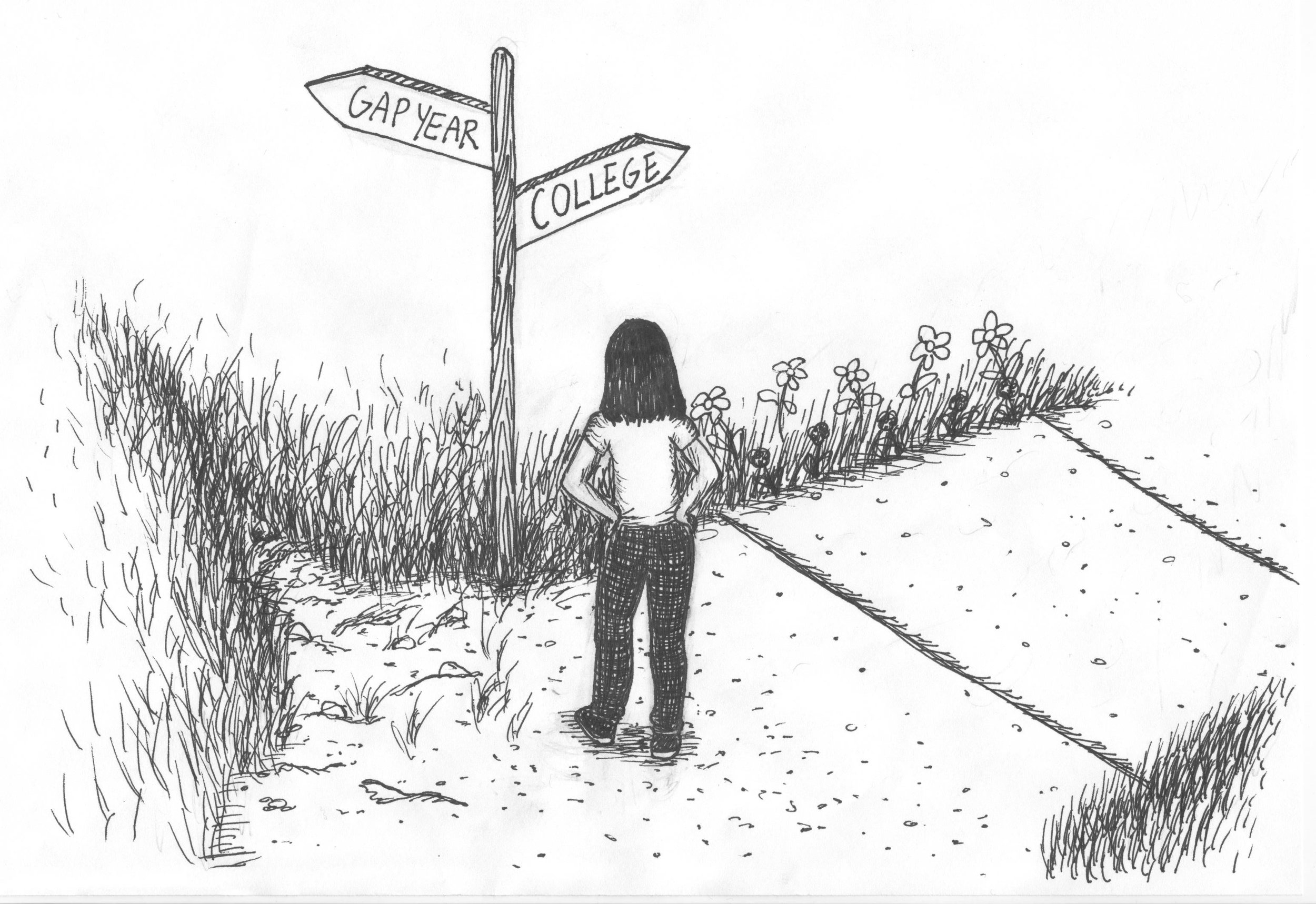
Blog posts on college admissions by Arjun Seth

What are the benefits of taking a gap year?
Gap year can be an amazing opportunity! Learn why it might be the choice for you!

Should you take a gap year after high school?
As you hear back from colleges big and small, think about the other options you have other than jumping right into higher education.


